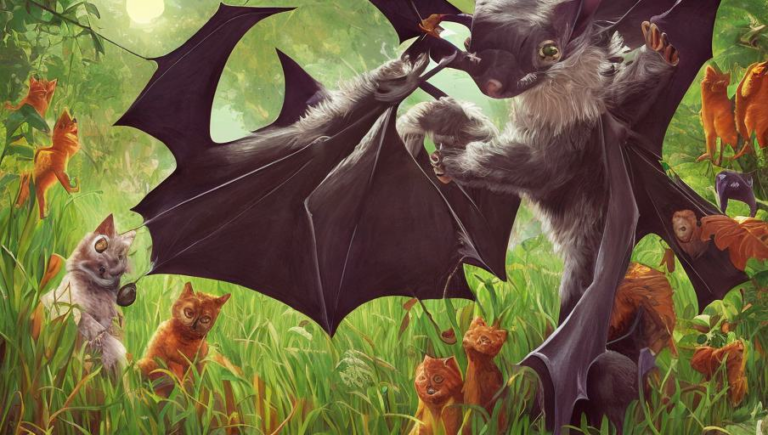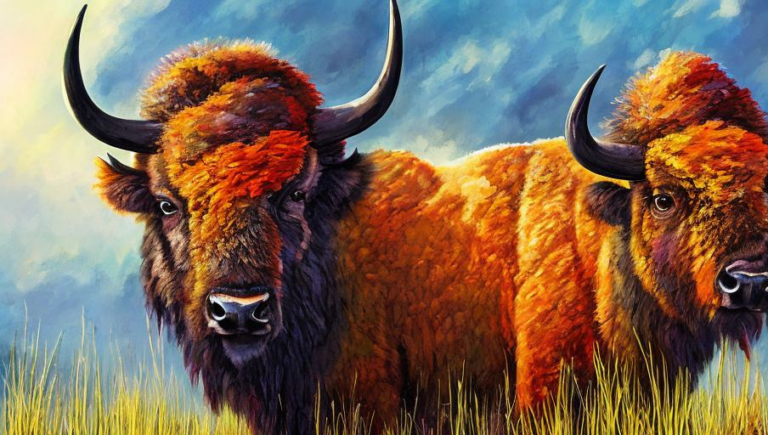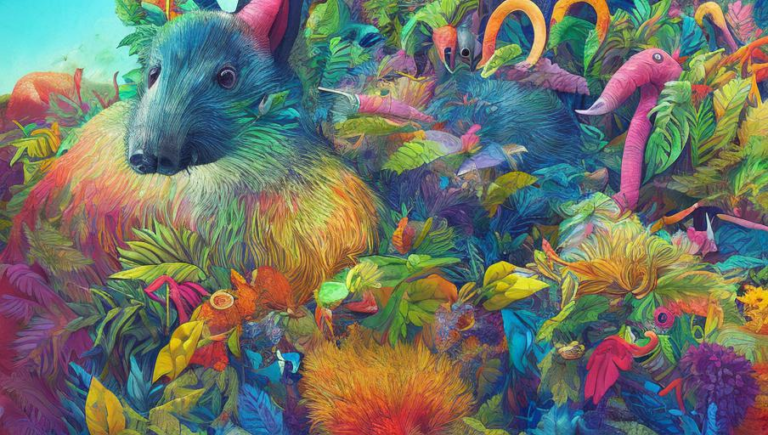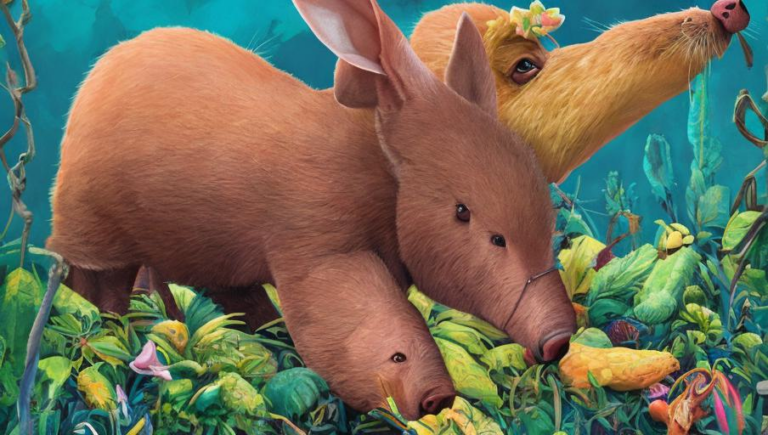Misconceptions about Anteaters
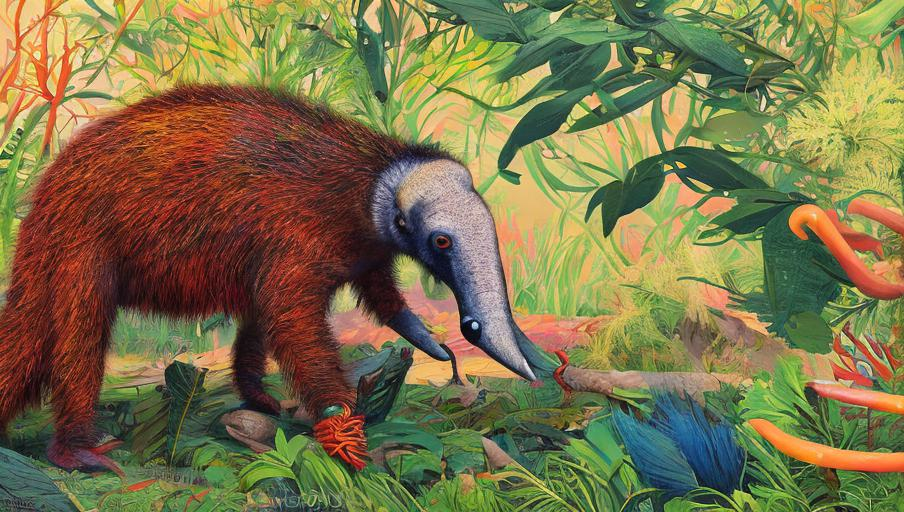
Misconceptions about Anteaters
Anteaters are fascinating creatures found in Central and South America, and although these animals have adapted to live in their unique habitats, there are still many misconceptions about them that are widely believed. Here, we’ll debunk some of these myths about anteaters and provide some facts about these amazing creatures!
Myth 1: Anteaters Are Slow
Many people believe that anteaters are slow and lumbering, but they are actually quite fast on land. They can move at speeds of up to 25 miles per hour, and they can even swim across rivers and streams!
Myth 2: Anteaters are Solitary Animals
While it is true that anteaters are solitary animals and prefer to live alone, they have been known to live in small groups. These groups usually consist of a mother and her offspring, and they can also form short-term bonds with other anteaters.
Myth 3: Anteaters are Dangerous
Anteaters rarely attack humans and will usually run away if they feel threatened. They have sharp claws and a long tongue, but they primarily use these tools to catch insects, which is their main food source. In fact, anteaters are more likely to be hunted by humans than to attack them.
Myth 4: Anteaters are Noisy
Contrary to popular belief, anteaters are actually quite quiet. They do make some noises, such as hissing and snorting, but they are usually quiet. The only time they become vocal is when they are alarmed or threatened.
Myth 5: Anteaters are Picky Eaters
Anteaters have a very diverse diet and will eat almost anything they can find, including insects, fruits, and even small vertebrates. They have an incredibly long tongue which helps them catch their prey and consume their food quickly.
Conclusion
Anteaters are unique and fascinating creatures that are often misunderstood. Although they have adapted to their habitats, they are still threatened by humans and are in need of protection. We need to dispel these myths about anteaters and educate others on their importance and the threats they face.

